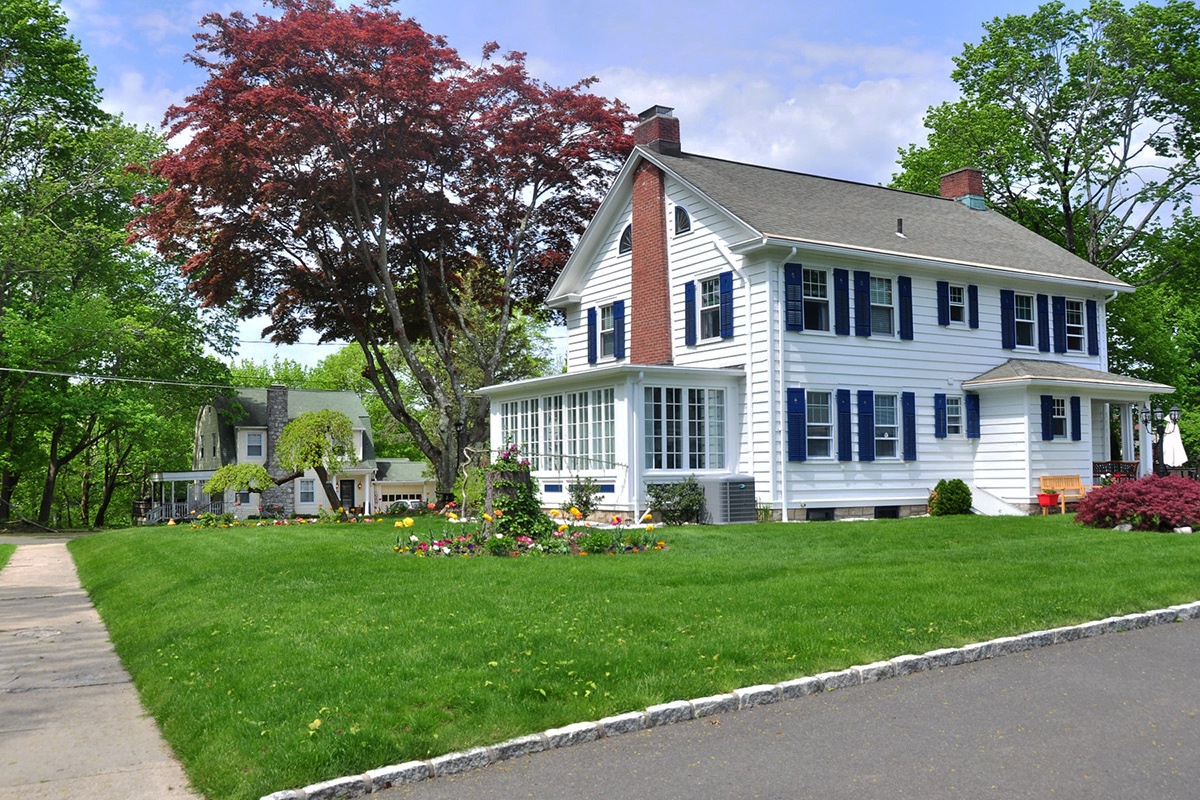Technology
ChatGPT And The Future Of Smart Homes
The concept of smart homes have been around for decades now, but with recent technological advancements it’s easier than ever to turn a regular home into a connected, automated space. Smart homes are designed to make our lives easier, more comfortable, and more efficient by using various sensors, devices, and internet-connected systems to automate mundane tasks and provide us with more control over our living environment.
One technology that has the potential to revolutionize the way we interact with our smart homes is ChatGPT. As an AI-powered chatbot, ChatGPT can understand natural language and respond to requests, making it an ideal candidate for integrating into smart home systems. In this article, we’ll explore the role of ChatGPT in smart homes and its potential impact on the future of home automation.
The Role of ChatGPT in Smart Homes
One of the main advantages of using ChatGPT in smart homes is the ability to control various devices and systems through natural language commands. Rather than having to interact with individual apps or interfaces for each smart device, homeowners can simply speak to ChatGPT and request actions like turning off the lights, adjusting the thermostat, or checking the security system.
ChatGPT can also learn from its interactions with users and improve its responses over time. For example, if a user frequently asks ChatGPT to turn on the lights at a certain time of day, the chatbot can start to anticipate and automate that action based on the user’s preferences. This personalized experience can enhance the convenience and efficiency of smart home systems, making them more intuitive and user-friendly.
Whilst ChatGPT will prove to be a significant benefit to our lives at home, there will some of our daily activities that it is unlikely to change. For example, searching Google for product reviews or no deposit bonuses will still be done in the same manner, as users will want to do their own research from quality and trusted websites.
Advantages of Using ChatGPT in Smart Homes
Integrating ChatGPT into smart homes can offer several benefits beyond just voice control. For one, it can reduce the number of apps and interfaces that homeowners need to interact with, streamlining the user experience and making it more accessible to people who may not be tech-savvy.
ChatGPT can also provide more personalized and contextualized responses than traditional smart home assistants. By understanding the user’s preferences, routines, and habits, ChatGPT can offer more relevant suggestions and recommendations. For example, if a user asks ChatGPT to suggest a movie to watch, the chatbot can take into account the user’s past viewing history, genre preferences, and availability of streaming services to offer a more tailored response.
Examples of ChatGPT-Powered Smart Home Applications
There are already several examples of smart home systems that are using ChatGPT to enhance their functionality. For instance, LG’s ThinQ line of smart appliances includes a chatbot assistant that can be accessed through Google Assistant or Amazon Alexa. Users can ask the assistant to start a load of laundry, preheat the oven, or adjust the refrigerator temperature, all through natural language commands.
Another example is the smart lighting system from Philips Hue, which uses ChatGPT to offer more personalized suggestions for lighting scenes and color schemes. Users can ask ChatGPT to create a “romantic” or “relaxing” ambiance, and the chatbot will adjust the lighting accordingly based on the user’s preferences and the time of day.
Potential Challenges and Risks of Using ChatGPT in Smart Homes
As with any new technology, there are also some potential challenges and risks associated with using ChatGPT in smart homes. One concern is the potential for privacy and security breaches, as chatbots may store sensitive information about users’ habits, preferences, and interactions.
There is also the risk of ChatGPT misinterpreting or miscommunicating user requests, which could result in unintended actions or errors. For instance, if a user asks ChatGPT to turn off the lights in the living room, but the chatbot misunderstands and turns off all the lights in the house, it could create a frustrating and even dangerous situation.
Another challenge is the potential for ChatGPT to become a single point of failure in smart home systems. If the chatbot malfunctions or goes offline, it could disrupt the entire smart home ecosystem, making it difficult for users to control their devices and systems.
Future Developments and Possibilities
Despite these challenges, the potential for ChatGPT in smart homes is vast, and there are many exciting developments and possibilities on the horizon. For example, as chatbots become more sophisticated and intelligent, they could start to anticipate user needs and proactively offer solutions before being prompted. This could create a more proactive and responsive smart home environment that is truly tailored to the user’s preferences.
ChatGPT could also be integrated with other emerging technologies like machine learning and computer vision, which could enable it to understand and respond to visual and contextual cues in the home environment. This could open up new possibilities for automation and personalization, such as adjusting the lighting and temperature based on the number of people in the room or the time of day.
In Summary
ChatGPT has the potential to revolutionize the way we interact with our smart homes, providing a more personalized, convenient, and intuitive experience for users. While there are still some challenges and risks to be addressed, the benefits of using ChatGPT in smart homes are clear. As technology continues to evolve and ChatGPT becomes more sophisticated and intelligent, we can expect to see even more exciting developments and possibilities for the future of smart homes.


















Recent Comments